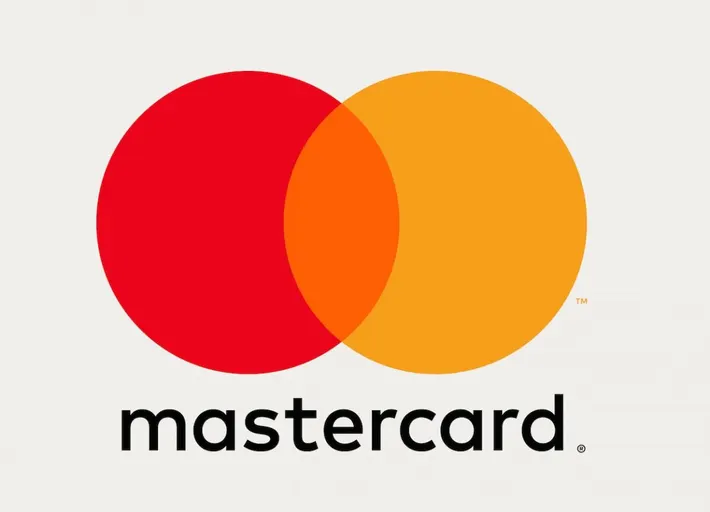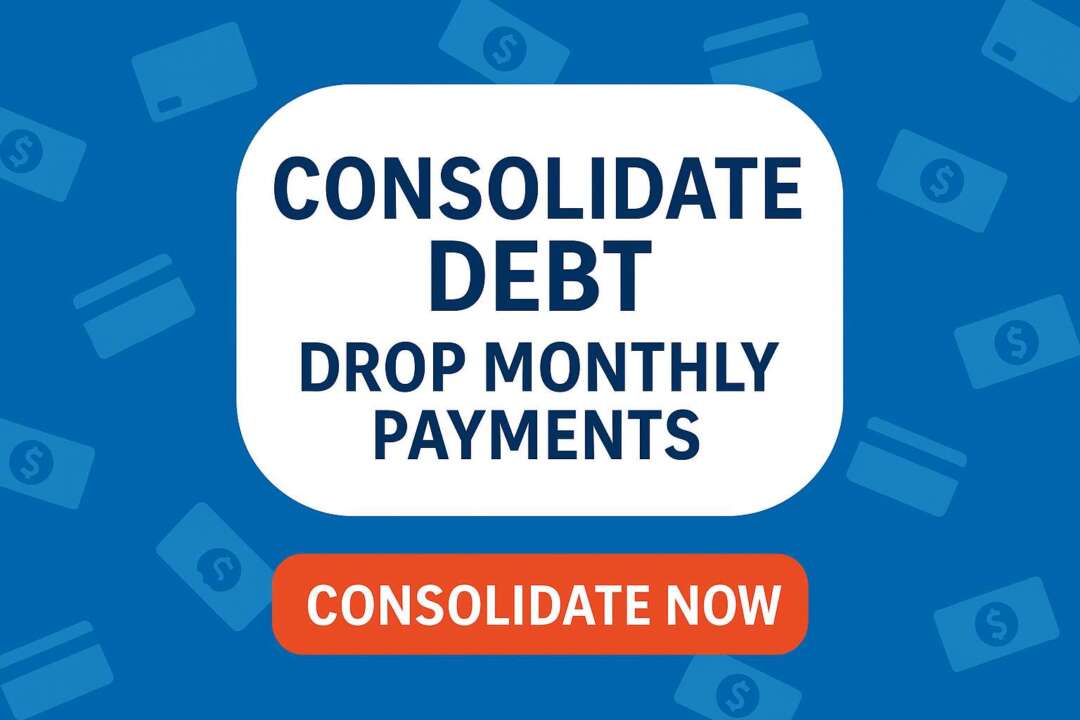Should You Have More Than One Credit Card? A Complete Guide
Is it smart to have more than one credit card? It’s a common question with no one-size-fits-all answer. For some, multiple credit cards are a powerful tool to boost credit scores, earn rewards, and stay prepared for emergencies. For others, they’re a fast track to overspending and debt.
In this article, we’ll break down the advantages and disadvantages of having multiple credit cards, offer practical advice on how to manage them, and help you decide how many cards are right for your financial situation.
Click here to apply to our Credit Card Marketplace
📈 The Benefits of Having Multiple Credit Cards
When used responsibly, multiple credit cards can provide several financial benefits. Here’s how:
1. Improved Credit Utilization Ratio
One of the biggest factors in your credit score is your credit utilization ratio—the percentage of your available credit you’re currently using. The lower your utilization, the better your score.
Having multiple credit cards increases your total available credit, which can help keep your utilization low—as long as you don’t carry high balances.
Example: If you have one card with a $2,000 limit and spend $1,000, your utilization is 50%. But if you have two cards with $2,000 each and spend the same $1,000, your utilization drops to 25%.
2. Build a Stronger Payment History
Payment history makes up 35% of your FICO credit score. More cards mean more opportunities to demonstrate that you can manage payments consistently and responsibly.
Even if you only use each card for a small monthly charge—like a streaming subscription or gas—you can rack up a strong history of on-time payments, which boosts your score over time.
3. Maximize Rewards and Cash Back
Many people carry multiple credit cards to take advantage of different rewards categories. One card might give you 3% cash back on groceries, while another might offer 2% on travel.
If used wisely, rewards cards can pay you back hundreds of dollars a year without paying interest—so long as you pay off your balance in full every month.
4. Have a Backup in Emergencies
Credit cards can be a safety net when emergencies strike. If one card is lost, stolen, declined, or frozen, a second card ensures you’re not left stranded without access to funds.
⚠️ The Risks of Having Too Many Credit Cards
More cards can mean more flexibility—but also more temptation and complexity. Here’s what to watch out for:
1. Increased Risk of Debt
If you’re not disciplined with spending, more credit cards can make it easy to rack up balances across multiple accounts. This can spiral into high-interest debt that becomes difficult to manage.
2. Too Many Hard Inquiries
Every time you apply for a new credit card, it triggers a hard inquiry on your credit report. Too many hard inquiries in a short period can slightly lower your score and make lenders nervous.
3. Difficult to Manage Due Dates
Managing multiple cards means multiple due dates, statement periods, and minimum payments. If you’re not organized, it’s easy to miss a payment, which can significantly damage your score.
4. Annual Fees That Add Up
Some rewards cards come with annual fees—and if you’re not using them enough to offset the cost, you’re losing money.
🧠 How Many Credit Cards Should You Have?
The answer depends on your financial goals, habits, and experience with credit. Here are a few general rules:
- Beginner? Start with 1–2 cards and master the basics of budgeting and payment tracking.
- Rebuilding credit? One secured or low-limit card may be enough to start showing positive history.
- Experienced credit user? 3–5 cards could allow you to maximize rewards and credit utilization without overcomplicating your finances.
There’s no “magic number.” What matters most is how well you manage the cards you have.
💡 Tips for Managing Multiple Credit Cards Wisely
If you do decide to carry more than one credit card, here’s how to do it responsibly:
✅ Always Pay On Time
Set up auto-pay for the minimum (or full) payment to avoid late fees and credit score hits.
✅ Keep Balances Low
Aim to use less than 30% of your total credit limit, and ideally below 10% for top-tier scores.
✅ Track Your Due Dates
Use apps, spreadsheets, or calendar alerts to stay on top of payment deadlines.
✅ Use Each Card Regularly
Inactive accounts may be closed by the issuer, which can hurt your score by reducing your available credit. Use each card for small, regular purchases.
✅ Redeem Rewards Strategically
Pay attention to rotating categories or bonus point offers that can stretch your rewards further.
🔍 Common Questions About Multiple Credit Cards
Is it bad to have multiple credit cards with zero balance?
No! In fact, having unused credit lines with zero balance helps reduce your utilization ratio and can boost your score.
Does having multiple cards hurt your credit score?
Only if you mismanage them. The act of owning multiple cards doesn’t hurt your score—in fact, it can help. Just avoid missed payments, high balances, and unnecessary hard inquiries.
What happens if I close a credit card?
Closing a card can reduce your credit history length and total available credit, which might lower your score. Consider keeping older accounts open unless there’s a compelling reason to close them.
🧭 Final Thoughts: Is It Smart to Have Multiple Credit Cards?
Multiple credit cards can be a great tool when used responsibly. They help you build credit, unlock valuable rewards, and give you financial flexibility. But they’re not necessary for everyone.
If you struggle with overspending or staying organized, fewer cards may be the smarter move. Remember: it’s not about how many cards you have—it’s how well you manage them.
























